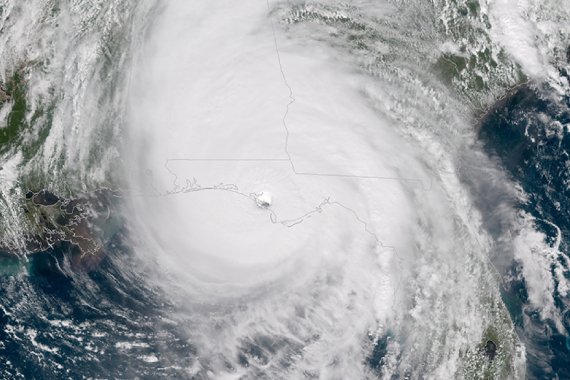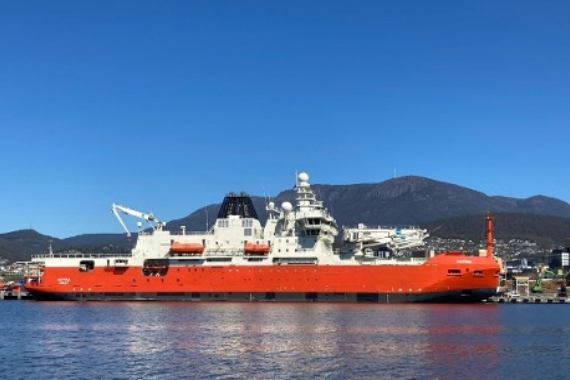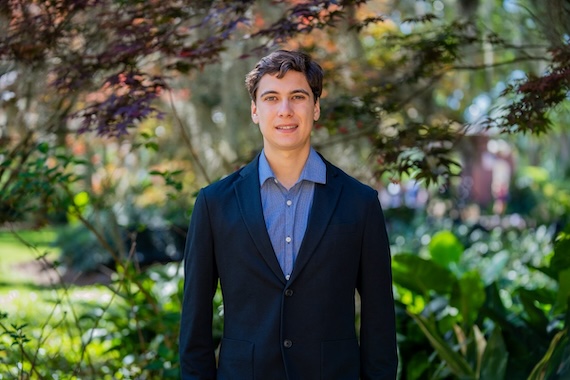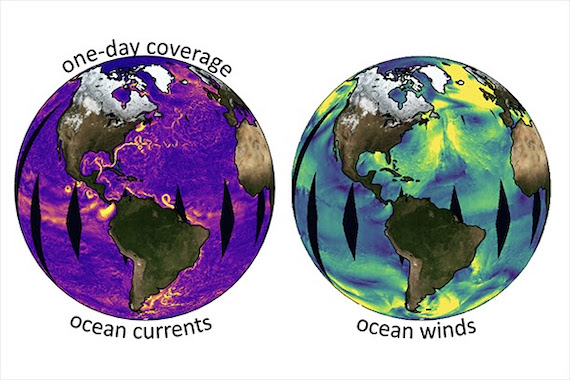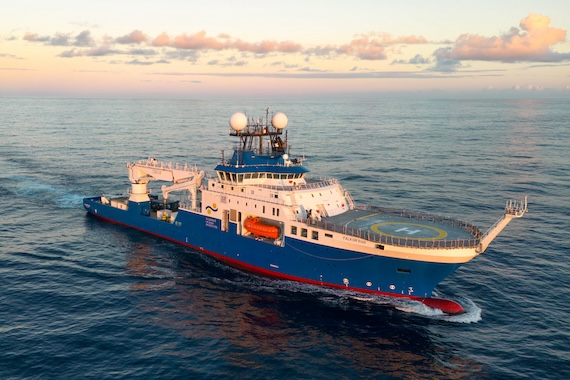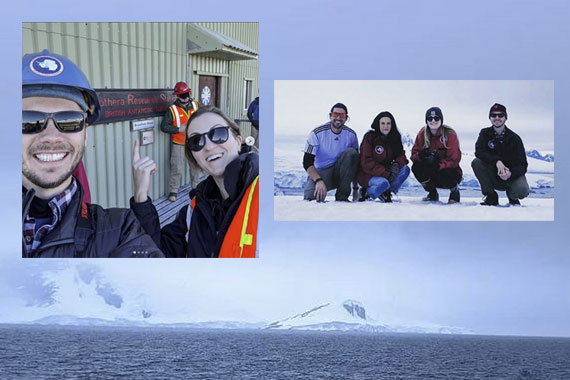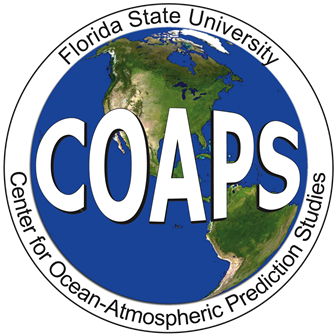COAPS takes interdisciplinary approach to scientific research about ocean-atmosphere interactions
Source: "Across the Spectrum" Magazine
The Earth’s climate is determined by the extremely complex interplay of land masses, waters and the atmosphere. Everything matters: water temperature, clouds, mountains, swamps, waves, wind and so much more. So it only makes sense that when trying to predict where our climate is headed long term — or whether it will rain on your wedding day — the chances of finding answers are much better when scientists who study all of those things work together. That’s the premise of FSU’s Center for Ocean-Atmospheric Prediction Studies — COAPS for short — which describes itself as a research center that "performs interdisciplinary research in ocean-atmosphere-land-ice interactions to increase our understanding of the physical, social and economic consequences of climate variability." Read more.

The above image is generated by HYCOM, a multi-institution (academic, government, and industry) collaborative effort focused on the depiction of the three-dimensional ocean state in near-real time. The hybrid coordinate extends the geographic range of applicability of traditional isopycnic coordinate circulation models toward shallow coastal seas and unstratified parts of the world ocean. The vertical coordinate in HYCOM is isopycnal in the open, stratified ocean, but smoothly reverts to a terrain-following coordinate in shallow coastal regions, and to pressure coordinates in the mixed layer and/or unstratified seas.
Recent Publications
Distinct seasonal climate drivers revealed in a network of tree-ring records from Labrador, Canada
(Source: Climate Dynamics)
On the Generation and Salinity Impacts of Intraseasonal Westward Jets in the Equatorial Indian Ocean
(Source: Journal of Geophysical Research: Oceans)
Time to Flatten the Curves on COVID-19 and Climate Change. Marketing Can Help
(Source: Journal of Public Policy & Marketing)
View All Publications

